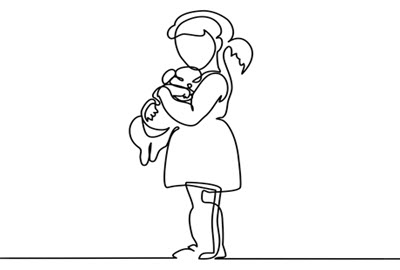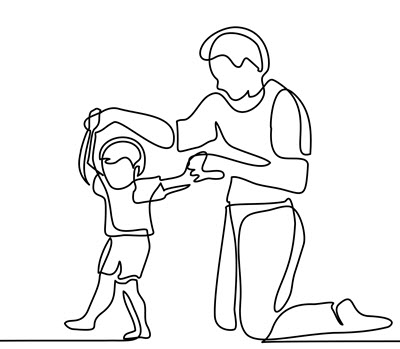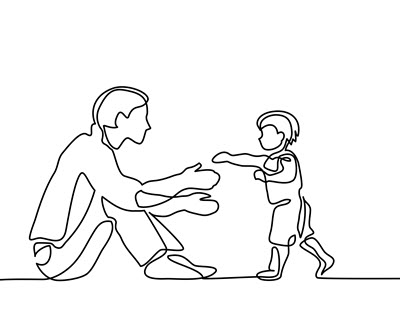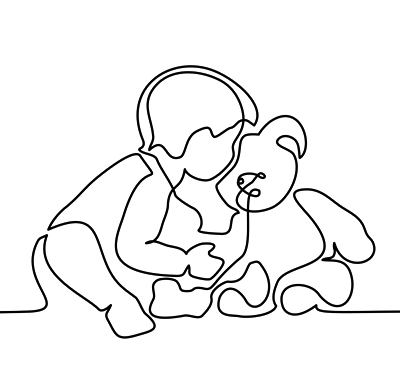 When you don’t know what your child needs…
When you don’t know what your child needs…
You can’t help but feel powerless to help them. And their behavior concerns you.
Maybe they’ve started wetting the bed again…
… or random things seem to upset them to crying or tantrums…
… or reports from school are concerning. It’s hard to know how to handle them at school when you’re barely managing them at home
You rack your brain to think of when and why this started happening…
Maybe there were some difficult transitions in your family: a divorce, or job transition, or a death in the family.
Maybe it was a traumatic experience at school that happened, and you are struggling to help your child through it.
You remember hearing that one mom talking about her child who got diagnosed with a learning disability; maybe that’s what’s going on.
There are so many possibilities, and sometimes it’s difficult or impossible to know for sure. One thing is for sure, though: This isn’t your fault.
While you can’t control what happens in your family’s life…
You can help your child navigate difficult circumstances. I know it’s heartbreaking to watch them struggle… and that you wish you could just do it for them.
You’ve tried talking with your child and trying to understand them, and you’ve tried being firm and sticking to some rules. But, you’re not sure it’s actually working.
 Admitting that your child needs help is an all-important first step.
Admitting that your child needs help is an all-important first step.
Once you decide to reach out, one of the hardest parts is behind you! Here’s how we’ll get started…
Evaluating the problem…
Depending on the age and circumstances that bring you and your child to therapy, your child may or may not be present for this portion. You can expect questions about your family’s mental health history, your child’s developmental milestones, and current reasons you are coming to therapy.
 Building a safe, trusting relationship…
Building a safe, trusting relationship…
Now that I have a better idea of your family and your child, I can continue to build a trusting, open relationship with you and your child. I will take some sessions to get to know your child, your family dynamics, and maybe even some fun family traditions.
Informal assessments are being done during sessions, and communication between you and me as your child’s therapist is very important. You, as the parent/guardian, are a vital part of your child’s treatment and at times may be invited to join sessions.
I will strongly encourage ongoing communication in between sessions, so we all have full picture of how things are going.
Let’s talk more about “play therapy”…
Why we do it…
Play therapy creates a safe atmosphere where children can express themselves, try new things, learn more about how the world works, learn about social rules and restrictions, and work through their problems.
Here is a quick one-minute video from the Association of Play Therapy that gets to the heart of why play therapy is an important tool for understanding and working with your child:
What it looks like…
True play therapy allows the child to express their inner world on external props and toys without external influence.
I strategically place toys and create play scenarios based on your child’s development and progress in therapy and let them express their inner world. Often, play therapy sessions will look repetitive as the child works through a specific problem or event that was difficult for them.
This is a difficult time of therapy where children seem to regress or seem more upset or irritated than usual. It’s the most intense part where the child is working through the pain or trauma. I work with parents to support the child and help them progress at home throughout this time. Eventually, the child will come to some sort of resolution of the problem they are working through.
 How we’ll know it’s working…
How we’ll know it’s working…
We will be discussing and revisiting the treatment plan throughout our time together, so you will have a complete understanding of areas of success and continued areas of growth.
Eventually, your child will come to a deeper sense of self-trust in their ability to find successful ways of coping and getting their needs met.
They will become more self-controlled and have a deeper capacity to regulate their emotions and be resilient in the face of stress, frustration, and transition.
I can help you and your child go back to thriving as a family.
Call me today at (970) 456-1606. I look forward to meeting you and your child, and helping you take your next steps as a family.

